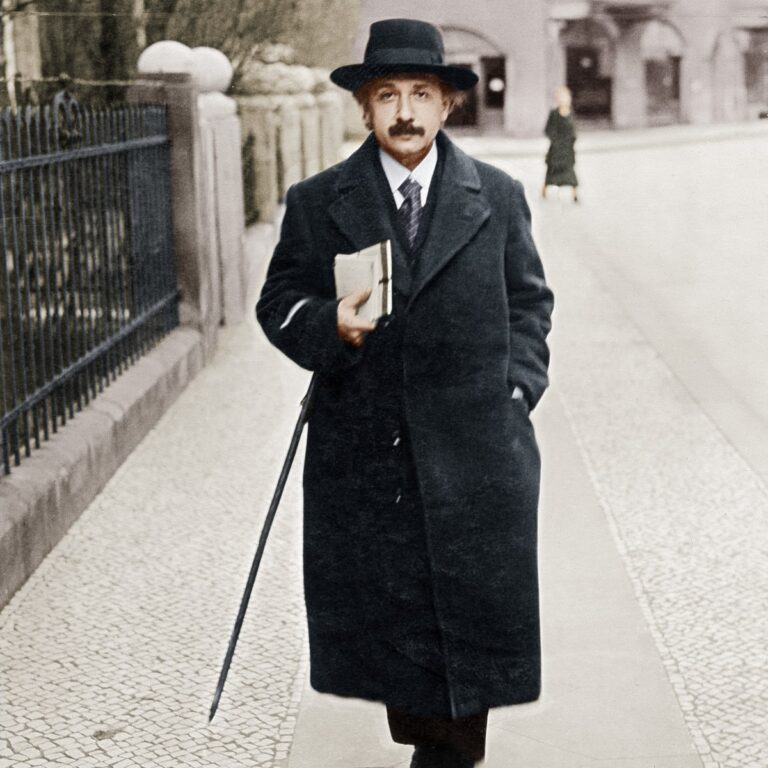Op Ed: Google’s Claim, Layperson’s View
Google’s quantum supremacy claim has all but taken over the quantum computing news the past few weeks. However, there are some pieces which separate themselves. For the layperson; this is an easy read, not far from the mark. An aside, “…this is why I [Dilip D’Souza] so love mathematics and science. For any claim is invariably greeted with skepticism and the effort to replicate and verify (even debunk if necessary). It’s skepticism that makes science more robust…” unless, that is, the skepticism is toward climate change and global warming. Because quantum is coming. Qubit.
Opinion | Qubits may be coming, but it’s not over for bits
Excerpts and salient points ~
+ In that previous column, I wrote that quantum computing “promises miraculous advances, but it also promises to tear down fundamental assumptions about numbers, about computers, that form the framework of much of how the world works today.” I also suggested that quantum computing is “probably still years away from widespread use”. That’s a prediction I’ll stand by, though with perhaps a little less confidence than when I first made it. For only days ago, there was news about a significant advance in quantum computing.
In essence and somewhat simplified, this is the problem the Google team set Sycamore to work on: can we calculate the probability of each string appearing? For as we increase the number of qubits and the number of times we apply those logical operations, this problem becomes “exponentially more difficult” for a classical computer to tackle. But for a quantum computer? Well, remember 10,000 years and 200 seconds.
+ But getting there—if they have indeed done so—is no easy thing. To start, how do you formulate a problem that would be hard for a classical computer to solve, but easy for a quantum computer? Then there’s what you might call a meta-question: should we test computers by formulating a problem like this, one likely therefore to be an artificial one? Or by putting their noses to the grindstone with real problems?
+ Once the grid was set up and ready for action, what happened was what the team’s paper described as “a repeated application of single-qubit and two-qubit logical operations.” Think of a grid of light bulbs that you want to test. So you light them up at random, again and again, checking the results each time. Now bulbs can be either on or off, period. Qubits are like that too—but only when you actually check them. Until you do that, quantum mechanics tells us that they are effectively both on and off at the same time, and it is the very act of observing that decides whether a given one is on or off. Again, don’t furrow your brow over this; just remember that qubits are fundamentally different from bulbs. Or bits.
Source: linemint. Dilip D’Souza, Opinion | Qubits may be coming, but it’s not over for bits…
Content may have been edited for style and clarity.

